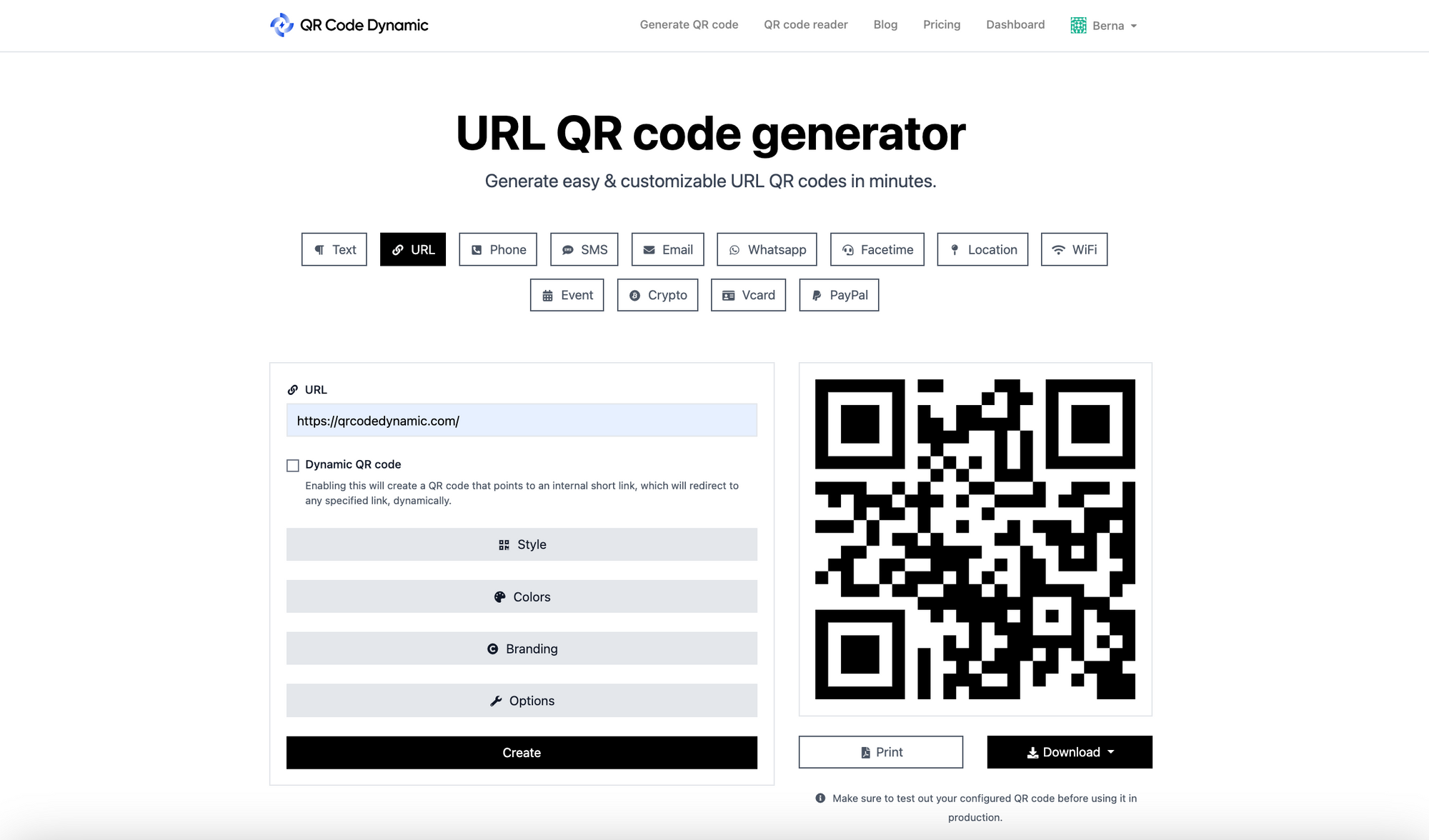Loyalty System Insights: Rewarding Customers and Growing Your Brand
Commitment programs have actually developed past simple transactional rewards; they currently offer as critical tools for cultivating much deeper customer connections and improving brand commitment. The impact of a well-implemented commitment program extends past customer retention, driving campaigning for and shaping brand name perception in a competitive industry.
Comprehending Loyalty Programs

By analyzing this information, companies can tailor their offerings to much better fulfill client needs, developing a much more customized shopping experience. This personalization is crucial in constructing count on and emotional links, which are necessary for brand name loyalty. Additionally, commitment programs can improve consumer engagement via unique offers, benefits, and experiences that reverberate with consumers, enhancing their dedication to the brand name.
Additionally, commitment programs can add to boosted consumer lifetime worth, as pleased and loyal clients are a lot more likely to make regular acquisitions and refer others. Ultimately, when applied properly, commitment programs not only incentivize prompt sales but likewise grow a community of brand supporters, consequently driving lasting growth for services in a competitive marketplace.
Kinds of Award Equipments
Various types of incentive systems exist within commitment programs, each designed to cater to various customer preferences and organization objectives. One popular method is the points-based system, where clients make factors for every purchase, which can later be redeemed for items or discounts. This model encourages repeat deals and promotes a sense of success as consumers gather factors.
Another effective kind is tiered rewards, which incentivizes clients to reach greater degrees of loyalty. As clients advance via rates, they open increasingly important benefits, thereby boosting customer involvement and retention. This system compensates both first investing and recurring commitment, making consumers really feel valued.
Cashback incentives are additionally common, using clients a portion of their purchase back as money or debt. This uncomplicated technique interest price-sensitive consumers and can drive much more regular purchases.
Finally, experiential rewards give one-of-a-kind experiences, such as special events or very early accessibility to products. These rewards develop unforgettable interactions with the brand name, cultivating much deeper emotional links.
Each of these systems uses unique advantages, enabling organizations to customize their loyalty programs to straighten with their client demographics and tactical objectives.

Benefits of Executing Loyalty Programs
Carrying out commitment programs supplies various benefits that can dramatically enhance a company's connection with its clients. One of one of the most notable benefits is the raised customer retention price. By rewarding repeat acquisitions, organizations foster a sense of belonging, encouraging customers to return more frequently. This not just decreases advertising and marketing expenses related to obtaining new customers but likewise improves general success.
Additionally, loyalty programs allow businesses to accumulate beneficial data on client preferences and purchasing actions. This info can be analyzed to customize advertising efforts, bring about even more effective and individualized campaigns. The understandings acquired can assist companies recognize patterns, maximize product offerings, and boost client satisfaction.
In addition, loyalty programs frequently develop a competitive side in crowded markets. By establishing a strong loyalty framework, services can differentiate themselves, drawing in consumers who focus on brands that value their commitment.
Lastly, a well-structured loyalty program can promote brand name advocacy. Dedicated clients are extra likely to suggest a brand name to others, successfully turning them into brand name ambassadors. To conclude, executing commitment programs is a strategic step that can produce considerable advantages, ultimately driving long-term service development and success.
Strategies for Reliable Engagement
Efficient interaction is crucial for maximizing the benefits of loyalty programs and making certain continual customer interest. Loyalty System. To promote significant connections, services should adopt a multi-faceted method that highlights worth, personalization, and communication
First, leveraging consumer information to develop tailored experiences enhances More about the author engagement. By evaluating purchase history and choices, brand names can supply tailored incentives or referrals that reverberate with private clients. This targeted method not only boosts complete satisfaction but also urges repeat communications.
2nd, routine and clear communication is necessary. Making use of numerous channels, such as email e-newsletters, social media sites, and mobile applications, guarantees customers are educated concerning promotions, benefits, and program updates. Regular messaging maintains the brand top-of-mind and reinforces the worth of loyalty participation.
Lastly, incorporating gamification aspects can substantially increase engagement. Functions such as point build-up, difficulties, and tiered rewards produce a sense of accomplishment and exhilaration, encouraging customers to involve more proactively with the program.
Incorporating these strategies cultivates a loyal consumer base, driving continual growth and brand name affinity while making best use of the capacity of loyalty programs. By concentrating on efficient involvement, services can strengthen connections and boost the overall consumer experience.
Measuring Success and ROI
To properly assess the performance of loyalty programs, services must establish clear metrics for measuring success and roi (ROI) Key efficiency indications (KPIs) such as client retention price, average order worth, and the regularity of repeat purchases offer measurable understandings right into program efficiency.
Additionally, tracking the general influence on consumer lifetime value (CLV) is essential. A successful loyalty program must boost CLV by promoting customer loyalty and encouraging repeat transactions (Loyalty try this System). Organizations should likewise think about the expense of maintaining the program and applying versus the earnings generated through faithful clients
One more important technique is to evaluate client interaction metrics, such as involvement prices in loyalty activities and the redemption of benefits. This information allows companies to refine their offerings and enhance customer experiences.
Additionally, using sophisticated analytics and customer responses can better support the assessment of loyalty program effectiveness. By incorporating qualitative insights with quantitative information, services can change strategies to enhance efficiency. Ultimately, a comprehensive dimension framework will certainly allow organizations to understand real value of their commitment programs and make notified decisions for future development.
Conclusion
To conclude, commitment programs serve as an essential system for enhancing consumer engagement and cultivating brand name loyalty. By employing different reward frameworks and personalized motivations, companies can effectively accommodate diverse customer preferences. The critical implementation of these programs not just increases consumer retention however also transforms completely satisfied clients right into advocates, contributing to brand growth and affordable advantage. Eventually, the effective execution of commitment systems contributes in maximizing client life time value and accomplishing lasting organizational success.
Commitment programs have actually evolved beyond simple transactional benefits; they currently offer as critical devices for cultivating deeper customer relationships and improving brand loyalty. As clients advance via rates, they open significantly beneficial advantages, thereby enhancing customer interaction and retention. A successful loyalty program ought to enhance CLV by promoting client loyalty and encouraging repeat transactions.In final thought, loyalty programs serve as an important mechanism for enhancing customer engagement and fostering brand loyalty. The strategic implementation of these programs not only increases consumer retention but also transforms pleased consumers into advocates, contributing view website to brand name growth and competitive benefit.